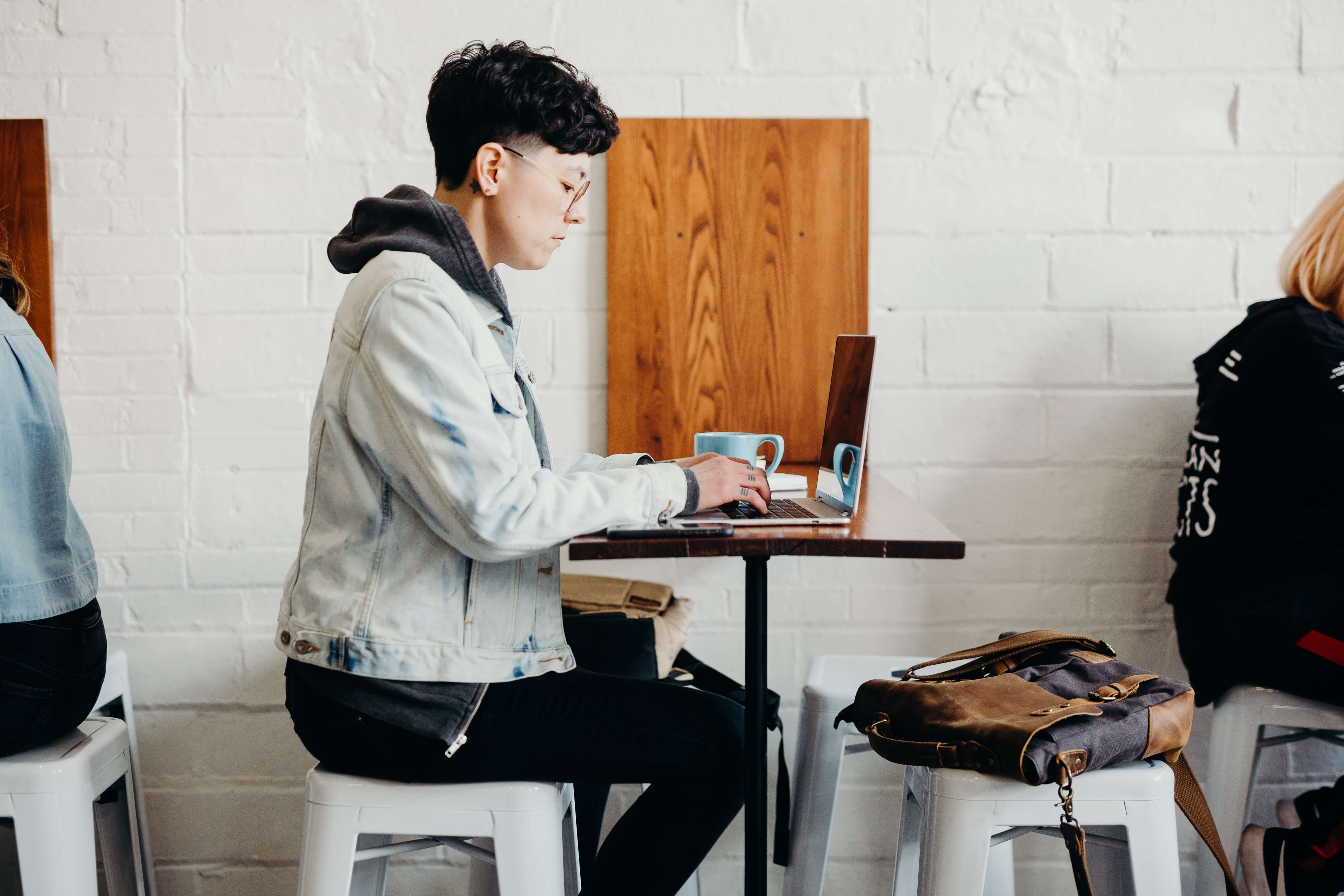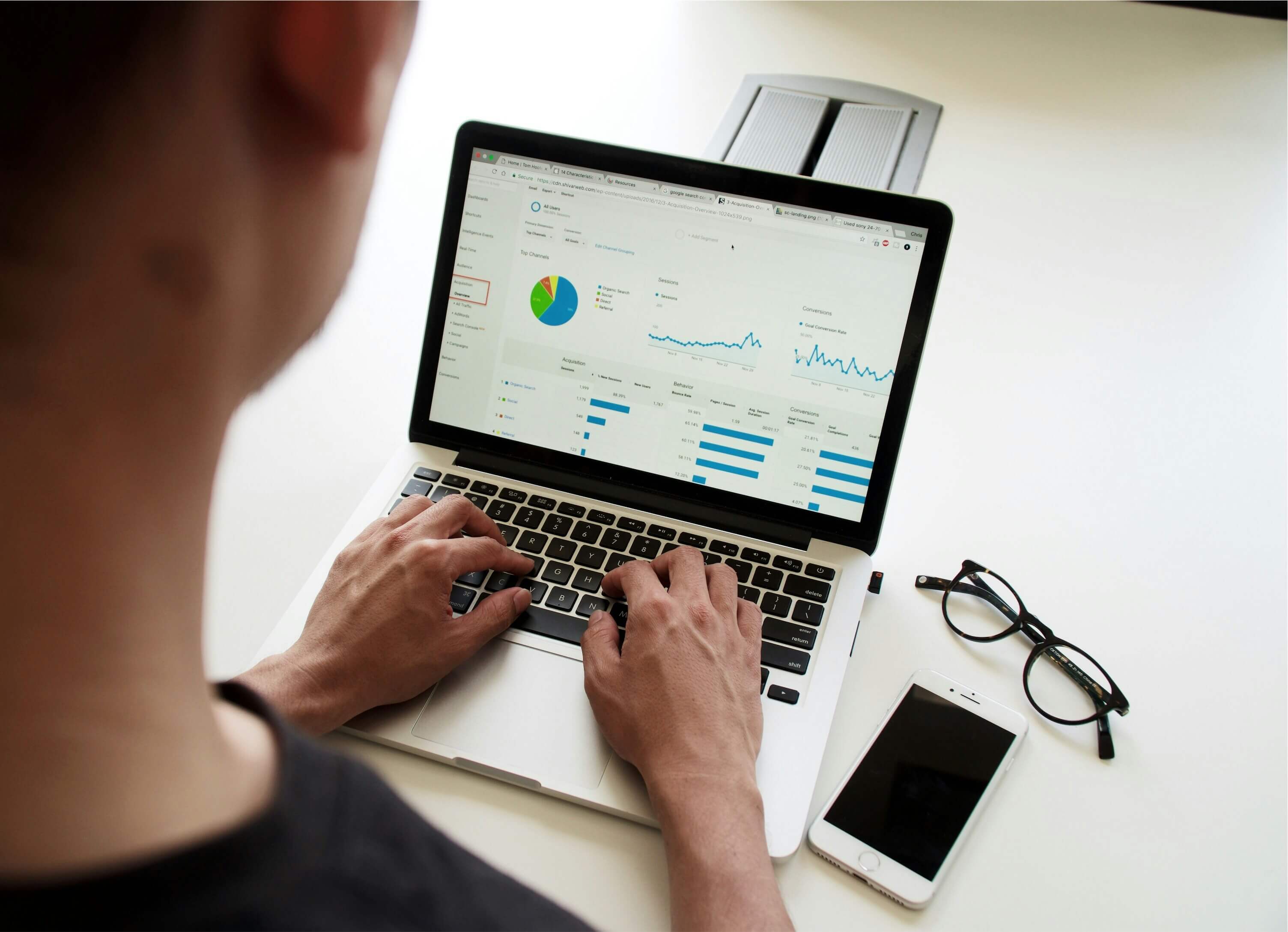Typical small business expenses to consider
Discover the common and hidden costs small businesses face, from setup to ongoing expenses, so you’re never caught off guard.
When you're first coming up with ideas and concepts for your small business, expenses are likely to be one of the first considerations.
Expenses may not be the most fun part of starting a business, but they’re hugely important to bear in mind because you don’t want a nasty shock the first time there are bills to pay.
If this is your first time running a small business you could be forgiven for not being able to predict every kind of expense you’ll be incurring both during the set-up and when you’re up and running. So we’ve compiled this guide to typical small business expenses you’ll need to bear in mind.
Small business expenses explained
So, what are business expenses? Put simply, they’re the costs of doing business and while lots of them may be specific to your type of small business, there’s also plenty that are standard for almost any kind of company you’re running.
Below, we’ve split them up into two main types: one-off expenses that you’ll need to pay once while getting started; and ongoing expenses that you’ll need to factor into your everyday operations. It’s important to know which is which for your budgeting because the last thing you need is for a recurring bill to appear that you thought you only had to pay once.
One-off Expenses
Here are some examples of one-off expenses that a typical small business would need to pay, generally during the start-up phase, but not exclusively:
Licensing/Permits
Generally, when you want to sell products or services to the general public, you’ll need a licence or a permit to do so. This is especially crucial in the hospitality industry where you need licences and permits to serve food and alcohol. Doing research into what you’ll need and how much they will cost is an essential early step.
Researching
This might not sound like it would be a task that comes with a cost attached to it, but if you are serious about creating the most thorough business plan, you need to demonstrate that you have researched the industry you’re entering and the local market situation. This may well be done most effectively by hiring a market research firm or professional, so you’ll need to think about that as an expense.
Premises
This is a huge expense but something you need to be aware of as a one-off expense, whether you’re looking for a physical location for a shop or restaurant, or buying a food van or even just a place to store your products for an eCommerce business.
Equipment
These premises will need filling with everything you need to do business. A restaurant needs a kitchen, chairs, tables, etc. A shop needs furniture, fitting-out, and it will also need stock. Some of these may be ongoing costs but the biggest chunk of expense will be up front when you’ll be starting from scratch.
Payment Equipment
You can only pay all these expenses in the end if you’re able to take payments from your customers, so you need to consider the set-up costs for getting the right mobile payments solution in place.
Ongoing Expenses
So we’ve covered the most typical one-off expenses, let’s move on to the ongoing ones that you’ll need to keep on paying if your small business is to survive and thrive. Here are some examples:
Rent and bills
When you’ve found your ideal premises, you’ll need to be paying rent each month to hold onto it as well as all the relevant fees and bills for electricity, gas, water, etc.
Payroll
Eventually, you’ll want and need staff to help you run the business and they’ll need paying, so payroll will be a potentially huge ongoing expense. Depending on how you structure wages, you may also need to pay performance-related bonuses and benefits, including paying into workplace pensions.
Insurance
Business insurance is essential to cover protection for your workers and your customers as well as potentially protecting your personal assets from business liabilities.
Marketing
To have a successful small business, you’ll need to spend money on making sure customers know about you and entice them to want to try out your products or services. This would certainly be crucial at the start-up stage but also as an ongoing cost once the initial buzz has died down.
Payment transaction fees
Taking payments costs money, so it’s important not to forget to factor that into any projections about profits. Make sure you understand what transaction fees you’ll be paying.
Key Takeaways
Thinking about all of the things you’ll need to pay for can be a slight buzzkill when you’re daydreaming about your amazing new pop-up restaurant or shop, but running a small business means being realistic about the expenses.
There’s the set-up costs of finding the right location and securing it as well as buying everything you need to run your business and then there’s everything you need to keep paying for to keep the lights switched on.
All of this will hopefully be getting paid for - and much more - via the goods or services you’re selling to your customers, so you'll definitely be needing a way to actually accept payments.
If you get the right solution in place, your payment technology will more than pay for itself through speedy transactions and efficient systems that mean the money will be in your account sooner than you might have expected.
So find out how Dojo can help with accepting mobile card payments today with the Dojo Go.
How Dojo can help
From one-off setup costs to recurring bills, expenses can add up fast. Equip your small business with our card machines so you can accept card payments reliably. Want to get smarter about your finances? Head to our blog.


